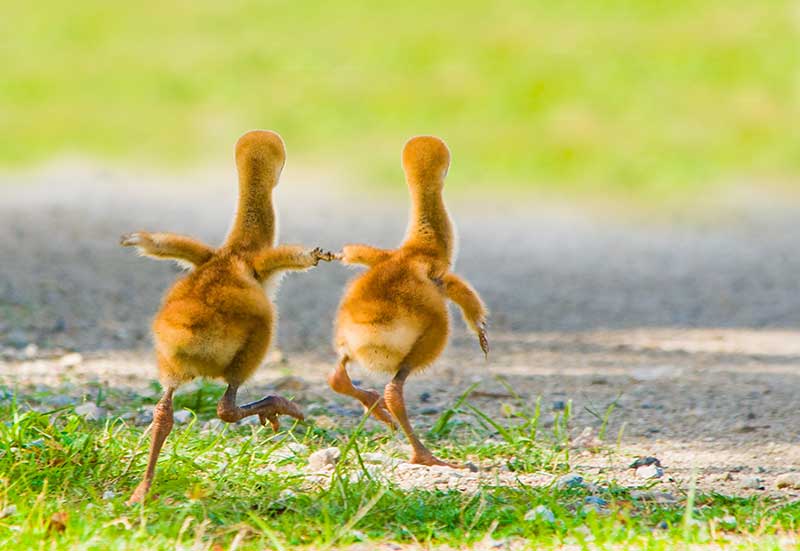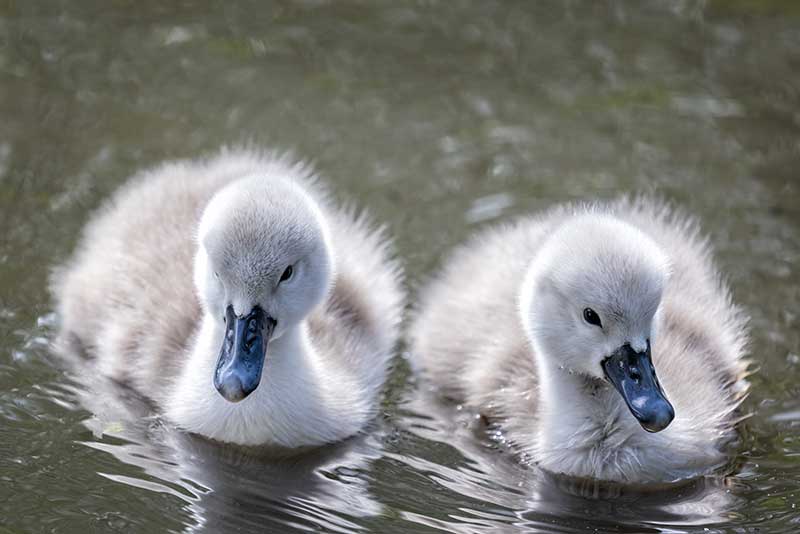
[ad_1]
By the 14th century, rooster turned the usual phrase to explain a single Gallus gallus domesticus of any age and intercourse, and an ‘s’ was added to indicate the plural. At across the similar time, rooster started for use to imply the chook’s meat too, as talked about in The Common Prologue of Chaucer’s The Canterbury Tales. ‘A cook dinner they hadde with hem for the nones, To boille the chiknes with the marybones’, that means ‘A cook dinner they’d with them, only for the nonce, To boil the chickens with the marrow-bones’. Nonce on this case meant ‘for a single function’, as in nonce-words, and the spelling seemingly happened resulting from a rebracketing of the phrase ‘then anes’. Then in Center English was the particular article.
Though fowl remained in use for a while and remains to be utilized in phrases like waterfowl, it dropped out of mainstream use at the start of the twentieth century. A quote from the Western Gazette in 1908 declares, “It’s a disastrous betrayal of middle-class origin to talk of a ‘rooster’ as a ‘fowl’. Regardless of the age of the chook, the phrase should all the time be rooster.”

Crane – colt as a result of child cranes have lengthy legs and might run quickly after hatching (apparently, they give the impression of being a bit like a child horse, the male of which can be known as a colt).
Dove – peeps, pipers, squeakers, squealers – resulting from their virtually incessant cheeping when they’re younger – and squabs. Though the etymology of squab will not be clear, it has been used because the 1600s to explain a younger chook, and previous to that was a time period for a brief, plump individual.
Duck – duckling. In Previous English, the suffix -ling was merely added to a different phrase to show it right into a noun. For instance, ‘sib’ meant kinship, so a sibling was a blood relative, ‘darling’ got here from ‘dear-ling’, and ‘underling’ referred to a subordinate, actually that means somebody who was ‘below’ another person.
It was solely in Center English, that -ling began to develop into related to smallness and infants, which is why we now have phrases as we speak like foundling, suckling, and duckling, in addition to hatchling, nestling, and fledgling.
Eagle – eaglet. Just like the suffix – ling, -let was added to phrases to point they have been diminutive nouns. It’s initially from the French -ette, which was added to nouns ending in -el. It turned notably in style within the 18th century when all types of recent phrases have been created equivalent to piglet, starlet, and ringlet.
Falcon – eyas. Once more, that is from a French phrase, niais or neias that means ‘caught-from-the nest’. Center English audio system mishead ‘a neias’ as ‘an eias’ and ultimately the preliminary n- was misplaced from neias till it morphed into eyas. The change in spelling is just like how aerie (referenced in Shakespeare’s Richard III ‘Our aerie buildeth within the cedar’s prime’), develop into eyry.
Different examples of phrases that misplaced their preliminary ‘n’ embody apron, adder, orange, and (h)umble-pie.
Though eyas is a time period normally reserved for younger birds utilized in falconry it could actually discuss with the younger of any nesting falcon or hawk.
Goose – gosling (see clarification for duckling)
Grouse – cheeper, squealer (see clarification for dove)
Guineafowl – keet, or guinea-keet, due the sound the younger make.
Loon – loonet (see clarification for eaglet)
Owl – owlet (see clarification for eaglet)
Peafowl – peachick to finish the household together with peahen and peacock.
Pigeon – peeps, pipers, squeakers, squealers, squabs (see clarification for dove)
Puffin – puffling (see clarification for duckling) Curiously, puffin (from puffed that means ‘swollen’) was initially used to explain the cured, fatty meat of nestling Manx shearwaters which was a delicacy from the 14th to nineteenth centuries.
Manx shearwaters have retained the scientific title Puffinus puffinus, and puffins solely acquired their title within the nineteenth century maybe resulting from their related nesting habits to shearwaters.
Sandpiper – peep, because of the sound the younger make.
Stork – storkling (see clarification for duckling)

Swan – cygnet or flapper. Cygnet is the diminutive of the Previous French phrase cigne that means ‘swan’. We assume flappers is because of the behavior of younger swans flapping their wings.
Turkey – the younger male is named jake, and the younger feminine is named jenny, and we don’t know why, though it could be because of the style of the fifteenth century to present animal species human names.
.
[ad_2]